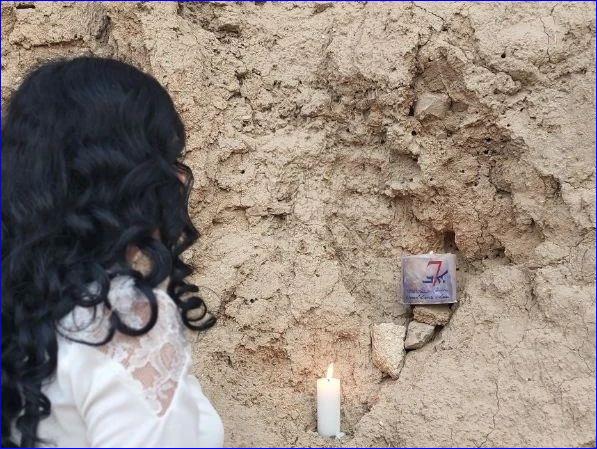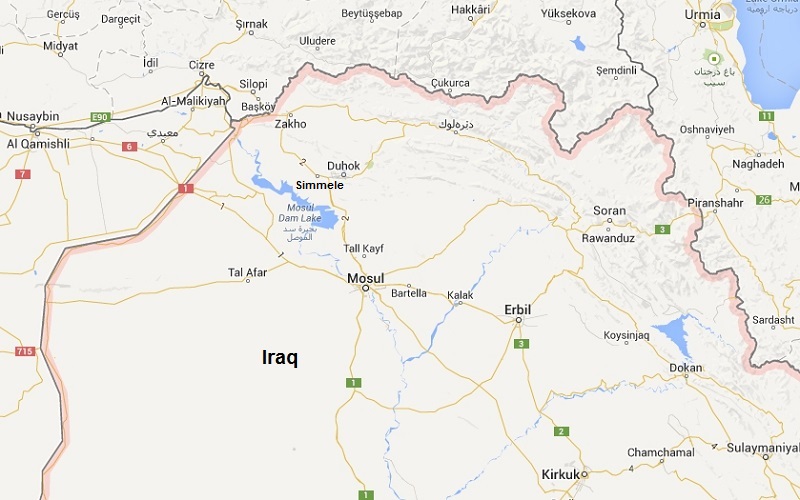


 AINA)
AINA)
Yet something remains missing.
In the land where they were massacred, the martyrs of Simmele, whose bones are scattered in the town in shallow graves, have no memorial, no museum and no plaque to honor their memory. The Iraqi government, having recognized various atrocities committed by Saddam Hussein's regime against the Shi'ites and Kurds, has yet to acknowledge that a horrible massacre of over 3,000 Assyrians took place.
Related: The 1933 Massacre of Assyrians in Simmele, Iraq
In 1933, the Iraqi army, led by an ex-Ottoman officer, Bakir Sidqi, acting on orders from Hikmay Sulayman, the Iraqi Kingdom's Interior Minister, attacked the innocent Assyrians residing in and around the town of Simmele and over 60 Assyrian villages. The Assyrians had surrendered their arms, sought peace with the Iraqi government, and pledged their loyalty to the Iraqi flag. In return, in an act more treacherous than any in recorded history, the Iraqi army machine-gunned and bayonetted innocent men, women and children because they were Assyrian. As if to display the ultimate revenge on the refugees, priests were murdered, and young girls raped. Their leadership had been exiled and dispersed, and their armed fighters too distant to rescue their vulnerable people. Having suffered the devastations of the First World War because of their alliance with Britain, the Assyrians were ultimately rewarded with British betrayal of its commitment to their cause. Britain sought to whitewash the horrors of the massacre and silence Assyrian voices because of its deep interests in Iraqi oil and its Anglo-Iraqi treaty.
Recently, Maryam Shmoil, an Assyrian activist, paid homage to the bones of the martyrs of Simmele by lighting a candle in their honor. Having visited there before, she felt particularly hopeless this year. Over 89 years after the massacre, the Iraqi government, along with the Kurdistan Regional Government, have failed to officially recognize the massacre. Sadly, Assyrian representatives from the plethora of the parties that exist in Iraq, have done little to honor the hallowed grounds where the martyrs remain.

Still, a glimmer of hope has emerged in the Assyrian homeland. In a sermon in the town of Simmele, his Holiness Mar Awa III, the recently consecrated Patriarch of the Assyrian Church of the East, announced that a monument to honor the martyrs will be erected. In his sermon, Patriarch Awa called on Assyrians everywhere to honor the martyrs by recalling and recognizing them and their sacrifice. "We have two goals," he stated. "First, we must not forget our past. As it is said, he who does not recall the past will repeat its errors. This is not to say that we must live in the past, but to learn from it. We must know our past as a nation. Second, we must know our path for the future so that this ancient nation, which is native to this blessed land, obtains its rights, its place and its dignity."
From Simmele, Mar Awa called on the Assyrians to struggle, in fully unity, for their rights without regard to denomination, tribalism, or party and announced that soon, before the next Martyrs Day, a monument would finally honor the martyrs of Simmele.

or register to post a comment.